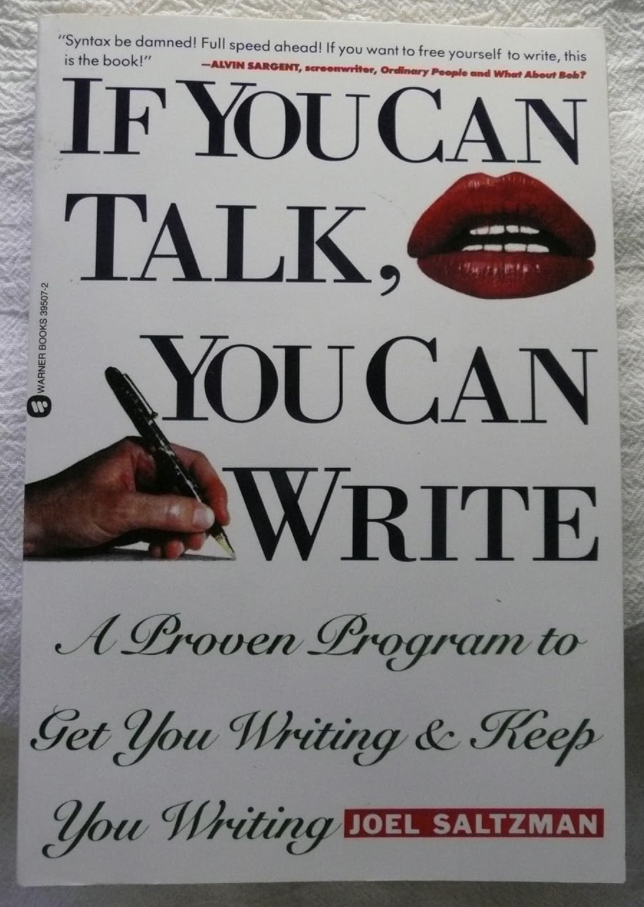
In the world of writing, the concept of a unique writing voice stands as one of the most vital yet elusive aspects. Your writing voice is the distinct personality, style, and character that permeate your words, setting you apart from other writers. It’s the fingerprint of your prose, reflecting your individuality and allowing readers to connect with you on a personal level. Clarifying what writing voice is and understanding its significance is essential for any writer aiming to produce authentic and engaging content.
Writing voice should not be confused with writing style, though they are closely related. While style refers to the technical aspects of writing, such as grammar, syntax, and structure, while voice is the intangible essence that gives your writing its unique flavor. Style can be taught and learned; voice, however, is something more intrinsic, tied to your personal experiences, beliefs, and the way you see the world. Finding your writing voice is crucial because it fosters a deeper connection with your audience, making your work resonate on a more profound level.
The Exploration Phase: Understanding Yourself
The journey to discovering your writing voice begins with self-reflection. This phase involves delving into your personal experiences, beliefs, and passions. Reflect on your life, your values, and the events that have shaped you. These elements form the foundation of your perspective and will naturally influence your writing.
Identifying themes and topics you are passionate about is another critical step. When you write about subjects that matter to you, your enthusiasm and authenticity shine through, making your voice more compelling. Take the time to list out these interests and explore why they resonate with you. This exercise can reveal underlying themes that can guide your writing.
Writing exercises are invaluable tools for uncovering your natural tone and diction. Try free writing, where you write continuously without worrying about grammar or structure. This can help you tap into your subconscious mind and reveal your genuine voice. Another useful exercise is to write as if you were speaking to a close friend, which can help your writing become more conversational and authentic.
 I think I mentioned it before, but there is a book called, “If You Can Talk, You Can Write,” written by Joel Saltzman. It lists simple revelations about how to write. It is definitely a book worth reading and following. It helped get me writing again after a long hiatus from the craft. The program has easy to follow instructions. You can truly see your words come to life by using this book!
I think I mentioned it before, but there is a book called, “If You Can Talk, You Can Write,” written by Joel Saltzman. It lists simple revelations about how to write. It is definitely a book worth reading and following. It helped get me writing again after a long hiatus from the craft. The program has easy to follow instructions. You can truly see your words come to life by using this book!
Experimentation and Feedback: Finding Your Rhythm
Once you have a sense of your natural voice, the next step is experimentation. Trying different genres and formats can stretch your abilities and help you discover nuances in your voice. Write poetry, fiction, essays, and even journal entries. Each genre can highlight different aspects of your voice and provide insights into how you can adapt and refine it.

Constructive criticism is invaluable during this phase. Seek feedback from trusted sources, such as writing groups, mentors, or professional editors. Constructive criticism can help you see your work from a different perspective and identify areas for improvement. However, it’s important to balance this feedback with your own instincts to ensure your voice remains authentic.
Reader engagement also plays a crucial role in honing your voice. Pay attention to how your audience responds to your work. What resonates with them? What do they find compelling? Reader feedback can provide practical insights and help you adjust your voice to better connect with your audience without compromising your authenticity.
Consistency and Growth: Refining Your Writing Voice Over Time

Consistency is key in reinforcing your writing voice. Regular writing practice helps solidify your voice and makes it more recognizable. Establish a writing routine that allows you to write frequently, even if it’s just a few minutes each day. Over time, this consistency will strengthen your voice and make it more distinct.
Learning from other authors can also aid in refining your voice. Read widely and critically, analyzing how different writers use their voices to convey their messages. However, avoid mimicking their styles. Instead, draw inspiration from their techniques and adapt them to fit your own voice.
Embracing evolution and change is essential as your writing voice matures. Your voice will naturally evolve as you gain more experience and your perspectives shift. This growth should be welcomed rather than resisted. Allow your voice to develop organically, reflecting the changes in your life and your expanding understanding of the world.
Finding your unique writing voice is a journey of self-discovery, experimentation, and continuous growth. It requires patience, introspection, and a willingness to embrace change. By understanding yourself, seeking constructive feedback, and maintaining consistency, you can uncover and refine a voice that is truly your own. This unique voice will not only set you apart as a writer but also create a deeper, more meaningful connection with your readers, making your work resonate long after the final word is read.
 Remember to make your words come to life!
Remember to make your words come to life!
Karin

